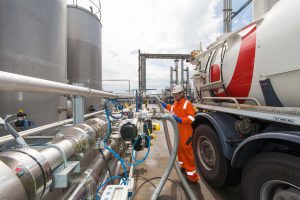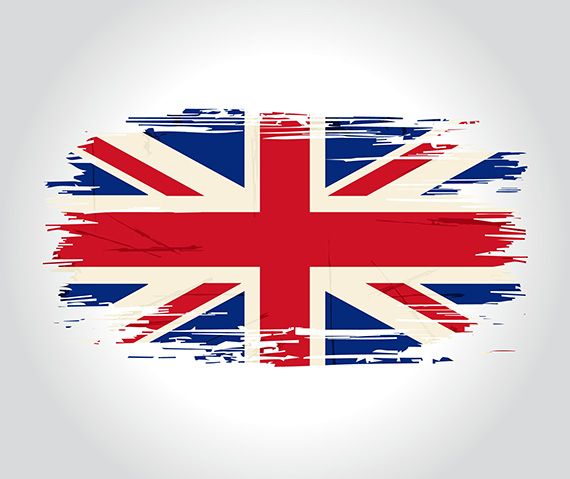More news
- Asian paint regulatory round up – Indonesian exterior paint still uses lead, warns W...
- Nigeria’s paint industry navigates regulatory changes and economic challenges amid p...
- Focus on the global coatings market: Global coatings market outlook
- Innovative coatings mitigate effects of deepening climate change
- Ask Joe Powder – October 2024

Leading UK-based resource management company, Veolia, has expanded the solvent recovery capacity at its Garston, Liverpool, facility to 86,000t/yr to meet the growing demand for more sustainable industrial products. Effective recycling of these used solvents, waste paint thinners and solvent based paint, will create new products as an alternative to virgin solvents, so that they can be used again in industries including pharmaceuticals, semiconductors, paint, agrochemicals and cement manufacture
As part of Veolia’s new strategic plan GreenUP, this solvent recovery process will also save an estimated 172,000t CO2e in greenhouse gas emissions each year, compared to virgin resources, equivalent to taking 78,000 diesel cars off the road annually.
Waste materials are processed at the site to regenerate them into high quality recycled products that can be reused displacing virgin materials in the supply chain. The facility uses various distillation technologies to separate residues from the wastes, and thento further separate solvent mixtures into products suitable for industrial customers.
 As well as generating products the plant also produces several types of fuel. A distilled product fuel is used instead of natural gas to power the site’s steam boilers, reducing the energy required from gas by 10,000 MWh per year , equivalent to the gas usage of 1,000 homes per year. Other by-products from the process are sent to Veolia facilities to be manufactured into alternative fuels for use in the cement industry, helping to decarbonise this industry and reduce the reliance on fossil fuels.
As well as generating products the plant also produces several types of fuel. A distilled product fuel is used instead of natural gas to power the site’s steam boilers, reducing the energy required from gas by 10,000 MWh per year , equivalent to the gas usage of 1,000 homes per year. Other by-products from the process are sent to Veolia facilities to be manufactured into alternative fuels for use in the cement industry, helping to decarbonise this industry and reduce the reliance on fossil fuels.
The increased processing capacity has been achieved by installing new distillation columns to separate liquids, and 17 tanks to store or transfer the solvents. Transport is handled through two new high throughput tanker loading bays which manage logistics foroffloading waste for processing, and load the recycled solvents ready for customer delivery.
Commenting on the new development, Nicola Henshaw, Managing Director Hazardous at Veolia UK said: “This latest expansion of our solvent treatment capabilities demonstrates our commitment to deliver high quality recycled products derived from advanced waste treatment. This highlights the effectiveness of our GreenUp strategy, and further strengthens our position as the world leader in hazardous waste treatment. By preserving resources, reducing reliance on virgin materials, and delivering sustainable products to support manufacturers, we can also create major carbon savings.”
Veolia is the world leader in hazardous waste treatment, from collection and disposal to recycling and reuse. Backed by the Groups GreenUp strategy, aimed at making Veolia the champion of decarbonisation, de-pollution and regeneration of natural resources, the Group currently treats and recycles around 10Mt of hazardous waste. This spans across more than 100,000 industrial, commercial or public authority clients, across a network of more than 300 facilities on five continents.







